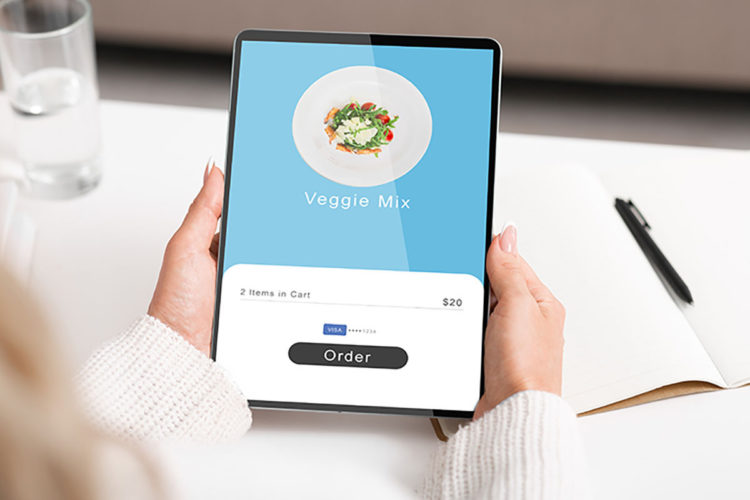Businesses beware: A price increase for carryout or delivery food means an increase in negative reviews—and a downturn in restaurant reputation, if not demand.
And it’s notable that in these COVID-19 pandemic times, an exponential amount of business is being conducted via carryout or delivery.
A pair of business researchers, from Washington University in St. Louis and Harvard University, studied the relationship between price and reputation by looking at online orders through Yelp’s Transaction Platform from its 2013 inception until January 2019, and then the resulting reviews. What they found: Ratings are price-adjusted rather than objective reviews of quality.
Their study showed an effect that is both statistically and economically significant: A price increase of just 1% leads to a decrease of 3%-5% in the average rating — a negative relationship between pricing decisions and reputation. “This effect becomes increasingly important when considering the average price change is about 3-9%,” they write. Their research is forthcoming in Management Science.

“Traditional intuition suggests a positive relation between prices and reputation, usually in the form of a price premium for reputable businesses,” said Oren Reshef, assistant professor of strategy at Olin. “Less attention, however, has been given to the direct impact of price increases on reputation for a focal firm. We find a negative relation when examining different price levels for the same business.”
The researchers used item-level data on all food orders placed via the Yelp Transactions Platform. There, they could detect changes in ratings in response to price changes. They keenly focused on narrow time bands around price changes—just days before and after restaurants updated their menu prices.
To provide further robustness to their findings, they analyzed instances where certain platforms are quicker than others to update the price. Thus, they focus on short time spans in which the same item is sold at different prices, one at the old price and one at the new price.
A new business creed
If nothing else, the study signals a new business creed: Be careful about raising prices, because, in addition to the direct negative effect on sales, down the line it will decrease reputation and, as a result, future business.
“Our results amplify the negative effect of price on sales: higher prices reduce demand today and demand in the long-run due to adverse effect on reputation,” Reshef said. “This is especially prominent in online markets, where consumers rarely know the prevailing prices and the time the review was given. This creates an additional incentive to maintain low prices and perhaps even set lower initial prices in order to establish good reputation.”
Their results hold more generally in the Yelp Star Rating, suggesting that ratings are a function of both quality and price — the cheapest restaurants achieve an average rating of 3.4 while the most expensive on average rate 3.6, less than a quarter standard deviation, despite the fact the latter group is four times as pricey. The researchers interpret this to mean that ratings are price adjusted — or at least adjusted for the expected quality at whatever price.
“The results inform us about the value of rating mechanism and how to interpret them,” Reshef said. “Online rating may not be capturing ‘objective’ quality, but rather the net value or surplus that the service or product generates. We believe that, in order to offer better platforms, managers should take this into account when designing reputation mechanism and recommendation systems on their platforms.”
The authors further attempt to disentangle other mechanisms that might impact consumers’ rating behavior. They discovered the effect is greater for first-time restaurant consumers — suggesting that diners initially respond to prices, which set their expectations for the quality of food they’ve never tasted or ordered before. This also shows that the results are not driven by repeat customers using lower ratings as a punishment for raised prices.
This price-reputation relationship translates to so many other consumer areas, what with the proliferation of Amazon, Airbnb, Taobao in Asia, grocery- and food-delivery services that grew during the pandemic, and more.
And, sorry, they cannot speak to price reductions—mainly because they were so seldom seen in the businesses they studied.



